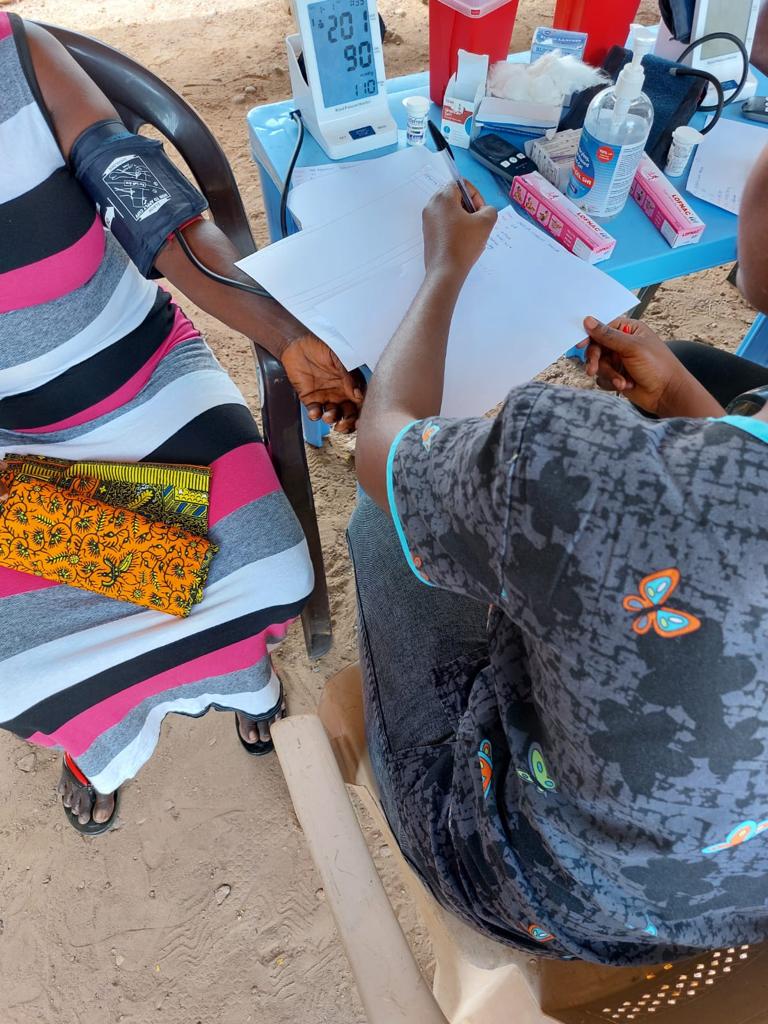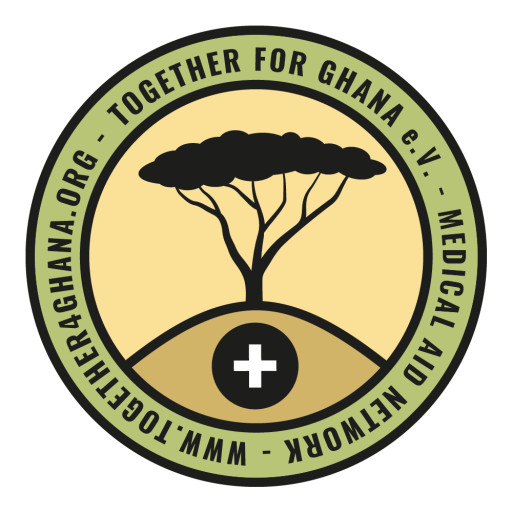Why This Is Important
Brain health is a cornerstone of individual and societal well-being, yet it remains underrecognized and underresourced in many parts of Africa, particularly in rural areas. While Ghana, like much of the African continent, has a relatively young population compared to the rest of the world, age-related conditions such as neurodegenerative diseases are becoming a growing concern, especially in underserved communities.
With rising life expectancy, the prevalence of diseases like Parkinson’s, Alzheimer’s, and other forms of dementia is expected to surge. By 2050, Africa is projected to bear the majority of the global burden of these conditions. Despite this looming challenge, robust data and knowledge about these diseases, particularly in rural settings, are severely lacking. Rural communities often remain excluded from large-scale studies and advanced healthcare, leaving gaps in diagnosis, treatment, and support systems.
The recent development of novel medications to treat neurological conditions like Alzheimer’s offers hope. However, we firmly believe that access to cutting-edge care should not depend on ethnicity or geographic location. Everyone, regardless of where they live, deserves equal rights to state-of-the-art treatments and healthcare services. This project is a step toward bridging these gaps, ensuring that even the most underserved communities have the tools and resources needed to combat neurodegenerative brain conditions effectively.
Our Mission
We seek to enhance the understanding, diagnosis, and treatment of movement disorders and dementias in underserved regions of Ghana. The project will prioritize assessing the prevalence of these conditions in rural communities, beginning with the Afram Plains. Our flagship site, Donkorkrom, will serve as the driving lead position and evolve into a Center of Excellence for Brain Health in the region.
Key Objectives
- Epidemiological Assessment
- Conduct community-based studies to establish the prevalence and impact of neurodegenerative diseases in rural populations.
- Create a robust database to inform healthcare policy and resource allocation for brain health.
- Access to Medical Care and Treatment
- Facilitate early detection and proper medical treatment for individuals at risk of or living with neurodegenerative diseases.
- Collaborate with local healthcare facilities to ensure continuous and affordable care.
- Capacity Building and Training
- Attract neurologists to participate in the project and provide care to the community.
- Train local medical staff, including nurses and general practitioners, to clinically diagnose and manage movement disorders and dementias.
- Research and Community Engagement
- Promote participation in research studies that aim to advance the understanding of neurodegenerative diseases.
- Engage communities to reduce stigma and increase awareness of brain health issues.
Our Vision
Donkorkrom will become a leading hub for brain health in Ghana, combining clinical care, research, and education to tackle the growing burden of neurodegenerative diseases. By doing so, we hope to foster a healthier, more informed, resilient aging population and further promote awareness for the region.
Next Steps
Join Us in This Endeavor
Further project details, including timelines, partnerships, and funding opportunities, are currently under development and will be shared shortly. Together, we can advance the cause of brain health for aging populations in rural Africa and build a sustainable model for care and research.
We invite neurologists, researchers, and healthcare professionals to join this transformative initiative. Your expertise and dedication can make a lasting impact on the lives of many in underserved communities.



